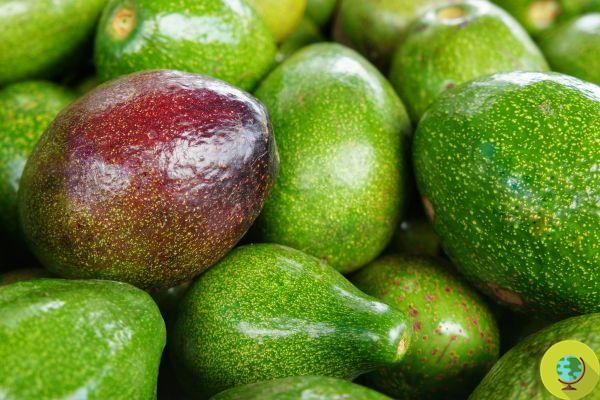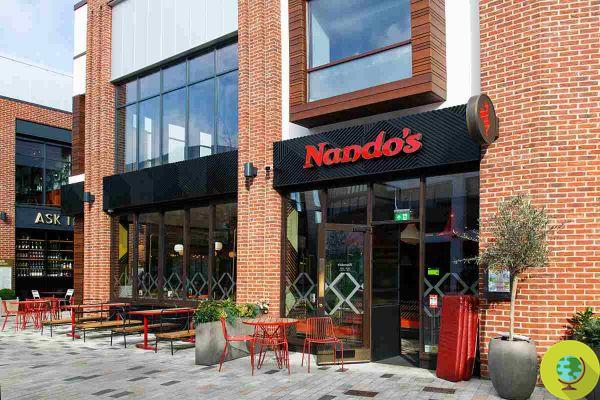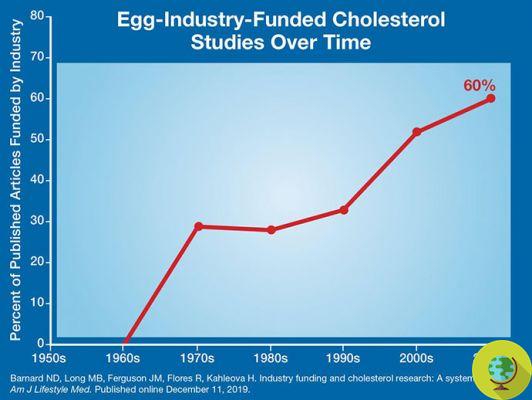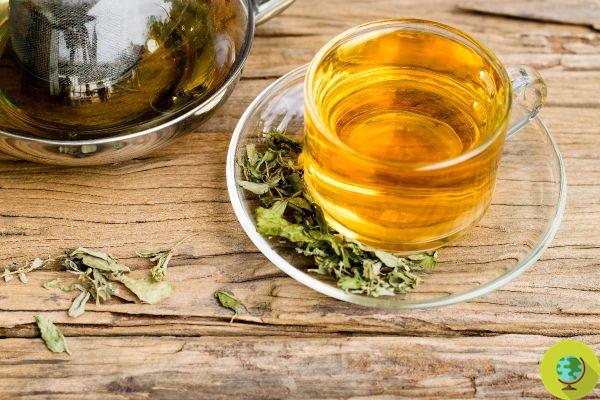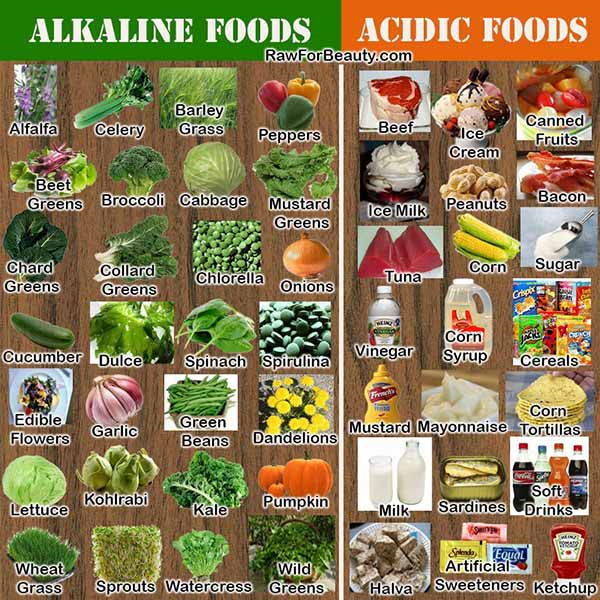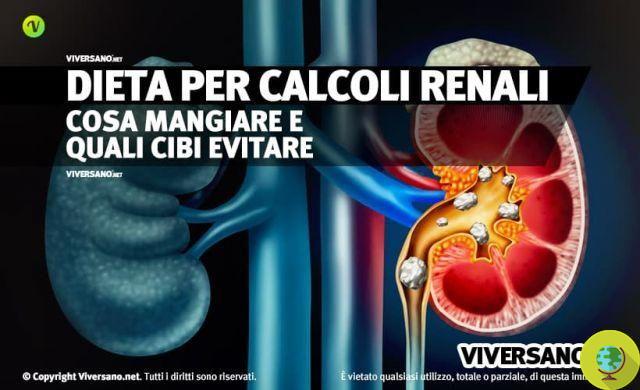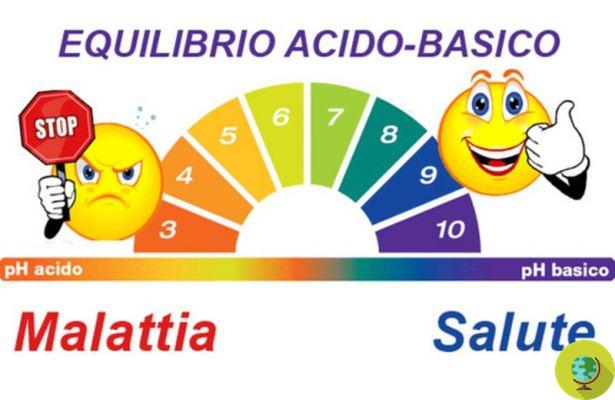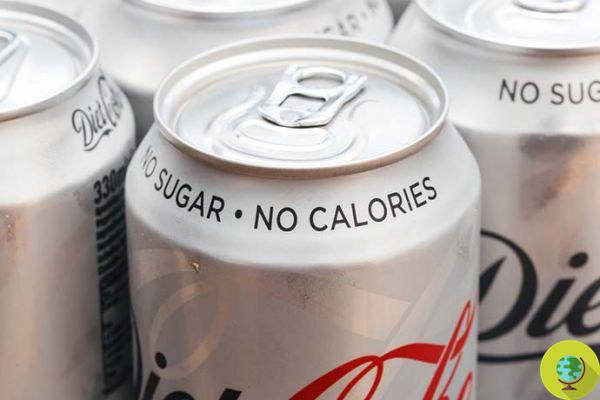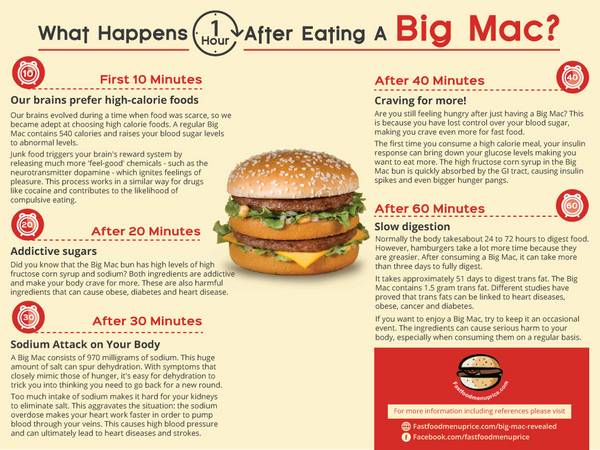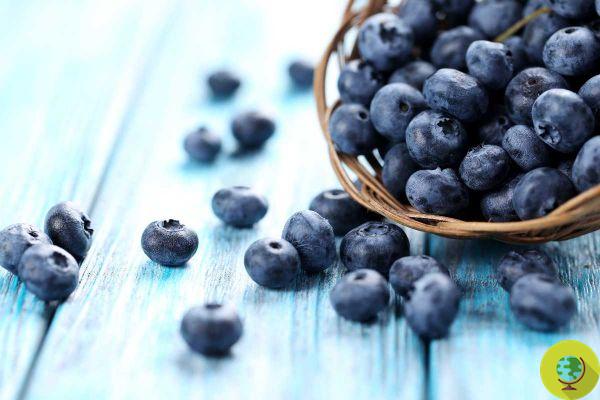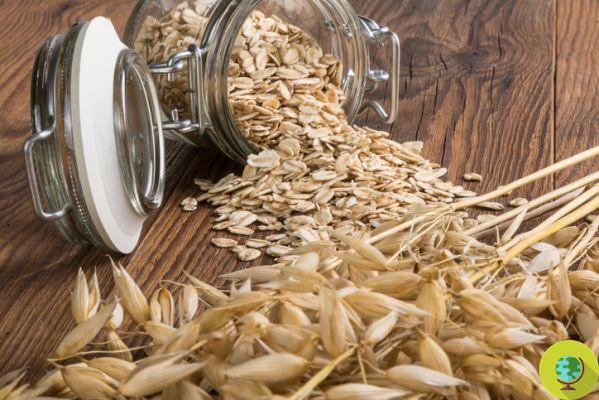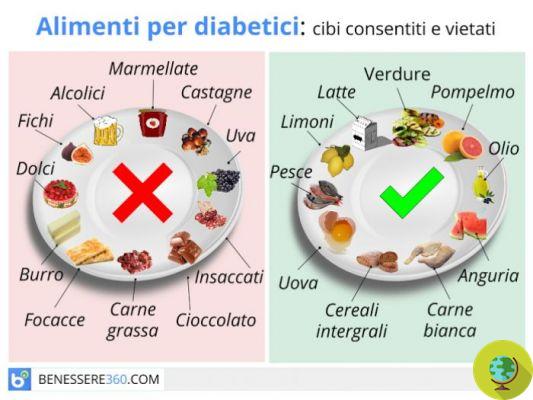
Does the gluten-free diet bring benefits or is it harmful for those who do not suffer from celiac disease? Studies and researches come to conflicting conclusions. Let's try to clarify
Don't store avocado like this: it's dangerousGluten free diet. It is talked about more and more often to understand if it could be beneficial or not even for those who do not suffer from celiac disease. Research on this is somewhat mixed. Let's try to clarify.
Celiac disease sufferers cannot and must not eat any food that contains gluten or traces of this protein to avoid dangerous and unpleasant side effects. It is increasingly fashionable, however, to follow a gluten free diet even if there is no real need for health in the belief that bread, pasta and all other foods that contain gluten are heavy to digest, can cause inflammation, intolerances, etc.
But is it really so? Experts split a bit on the issue. In fact, there are those who believe that a gluten-free diet can also benefit people without celiac disease and those who believe instead that this choice can be even dangerous.
The researches for and against
There is recent research suggesting how a gluten-free diet can help people with chronic nerve pain. Recently, at the annual meeting of the American Academy of Neurology, a team of researchers from the United Kingdom presented the results of a new study involving 60 elderly people (average age 70).
All participants had nerve damage in their arms, hands, or feet that caused weakness, numbness, or pain. By monitoring on a case-by-case basis, the researchers found that people who ate a gluten-free diet were more likely to experience no pain than those who ate foods containing this protein.
Considering the age, gender, and mental health of individual participants, the researchers found that those who strictly followed a gluten-free diet were 89% less likely to suffer than their counterparts who did not avoid gluten.
However, we are talking about a gluten-free diet in which we use foods specially designed for people with celiac disease. Solutions that are most of the time expensive and rich in fat, therefore not really healthy.
Research that lashes out against the "gluten free trend" is much easier to find, arguing that it is not healthy at all for those who do not really need to exclude this protein.
Recently, a study, published in the Medical Journal of Australia, argues that following a gluten-free diet as well as weighing on the wallet can negatively affect health.
How? It would be a diet in which an adequate supply of vitamins, trace elements and salts is lacking, which could negatively affect cardiovascular risk factors such as cholesterol but also blood pressure and glucose tolerance.
We have dealt with the subject several times, if you are interested in further reading also:
- What happens to the body by eliminating gluten without being celiac
- Is the gluten-free diet bad for those who are not celiac?
- Celiac disease: too many heavy metals in gluten-free diets
- Celiac disease: Gluten-free foods are too high in fat, sugar and additives
- Gluten-free foods contain three times the fat
All the research, even in this case, considers the gluten-free diet mainly composed of industrial foods designed for celiacs. There is actually a much healthier gluten-free diet (or one that limits and alternates natural products with or without gluten) that it would be interesting to evaluate in the context of health benefits.
A healthy gluten-free diet
When we talk about a healthy gluten-free diet we refer to a diet in which naturally gluten-free cereals or pseudocereals are included, in the form of grains or transformed into flour with which to make biscuits, cakes and other sweet and savory preparations.
For example, let's talk about:
- Amaranth
- Mile
- Buckwheat
- More
- Rice
- Quinoa Salad
- Sorghum
- teff
Unlike gluten-free industrial products, in this case we are in the presence of natural ingredients, in most cases particularly rich in vitamins, mineral salts and substances useful for the body.
It is likely that following a balanced and varied diet that includes them all, there are not many of the disadvantages indicated in the above-listed research that lash out against gluten-free diets.
However, there is nothing to prevent a healthy diet from including, if there is no celiac disease, a consumption of foods with gluten, preferably in low quantities and more easily digestible, such as that contained, for example, in unrefined ancient grains.
Learn more by reading also:
- 8 cereals (or allegedly so) that celiacs can eat too
- Gluten-free flours: what they are, how to choose them and where to find them




